Cultural Appropriation or Joyful Living?
I shared the Easter sunrise with my mother on Sunday. She died in 2011, but she was present when I went down to the lake. I was overcome by emotion—not because of her presence, which was sweet and quiet, but by the simple beauty of a sunrise over Lake Michigan. It never fails to move me.
My mother introduced me to the spirituality of an Easter sunrise—particularly from a shoreline—when I was about ten. Our family had recently moved to Italy for my father’s international work. During spring vacation our family drove to Sorrento and camped in a tent. My mother woke me early and the two of us crawled out of our tent, leaving my dad and brother still snoring in their sleeping bags.
We found some rocks to sit on and quietly watched the world awaken as the sun rose. Sorrento does not face east, but it didn’t matter. The moment was magical to us both. Part of the magic for me was that my mother had shared something that was very meaningful to her without saying anything. I understood what it meant to her because I could see and feel her quiet joy.
My mother was raised Muslim in Iran. She neither embraced nor renounced Islam, nor did she convert to Christianity. She simply incorporated joyful traditions and spirituality from multiple faiths. Easter and Christmas were as important to her as Norooz (an Iranian holiday from ancient times, and not a Muslim one). What some people today would call cultural appropriation, to her was joyful living.
She was multicultural in a way that I have never seen in anyone else. She moved easily between cultures, adapting to the circumstances. She lived in multiple countries on several continents at a time when few did so, and she was drawn to all that was joyful.
My mother was raised in northwest Iran, and her first language was Turkish. Her parents—both Iranian—were well-educated in the 1920s and they worked with American Presbyterian missionaries in the region, helping to build and develop hospitals, schools, and experimental farms. My mother’s playmates in her early years were both Iranian and American.
Later, her family moved to another region of Iran and my mother learned Persian for the first time, around age eight. At first, she felt like a foreigner in her own land because she did not understand anything at her new school. But she adapted, and in high school she also learned English and French.
She earned a degree in education from the University of Tehran in the 1940s, worked for a couple of years as a teacher in Tehran, and in 1949 obtained a scholarship to attend a Teachers’ College in Missouri. Then she got another scholarship for a Master’s degree at the University of Nebraska, where she met my father, a Canadian who had grown up in a tiny Icelandic village along the shores of Lake Winnipeg.
Their life together moved them from Lincoln, NE (where they met as foreign students) to Saskatoon, SK to Ottawa, ON to Madison, WI to Winnipeg, MB to Tehran, Iran and eventually to Rome, Italy, where I spent my formative years.
I do the work that I do—helping people foster more meaningful and effective interactions across differences—in the singular way that I do it because of what I learned from observing my mother. I learned not from what she said, but how she lived. She experienced the same childlike joy from roasting marshmallows over an open fire in Canada as she did from buying roasted chestnuts from street vendors in Italy, or roasted corn-on-the-cob in Iran. I am anchored by the way she experienced and shared simple joy, regardless of the setting.
I am uncomfortable with identity politics not because there is anything inherently wrong with it, but because it is insufficient to foster meaningful connections and understanding. It is a necessary first step, but more steps must follow. There is value in recognizing themes that run through the experiences of all women, or all African-Americans, or all coal-miners. But we also need to move beyond group identities to explore individual experiences if we want to connect and collaborate.
I have never fit into a category, nor have either of my parents. The only response I can give to questions like: “Where are you from?” or “Where are your parents from?” is: “Well, it’s complicated…”
I have observed over my lifetime how many people want to put me and my history into their frame of reference, without inquiring about my frame. It is natural to do so. We all take in new information and put it into contexts that are familiar to us. This is not where we err; our failing is in not recognizing that another step is required: namely, inquiry and exploration. “Tell me more about what your experiences mean to you.”
To connect and collaborate well, we must develop the habit and skill of pausing, reflecting on our interpretations, and inquiring more. We must constantly empty ourselves of our preconceived ideas and open ourselves to what we can learn from others. In the words of Mark Nepo:
“Deep listening is so obvious to begin and so elusive to maintain… It is to keep emptying and opening.
To listen is to give up all expectation and to give our attention, completely and freshly, to what is before us, not really knowing what we will hear, or what that will mean.
To listen is to lean in, softly, with a willingness to be changed by what we hear.”
———
Copyright © 2019 Sharon V. Kristjanson. All rights reserved.

